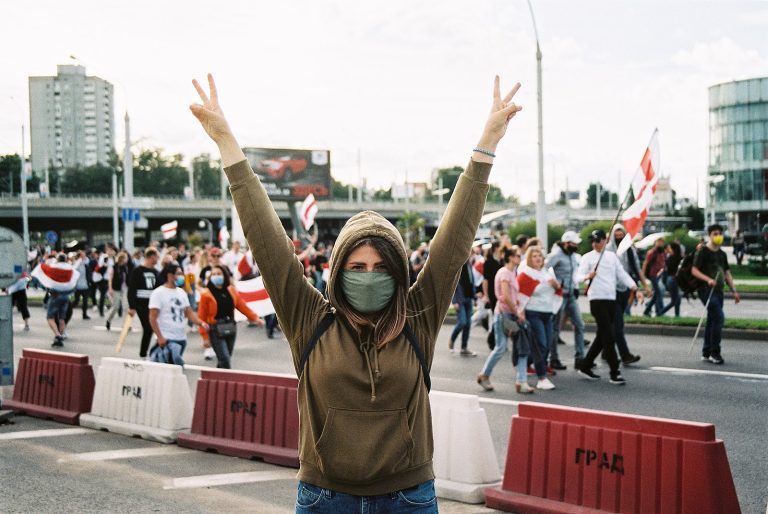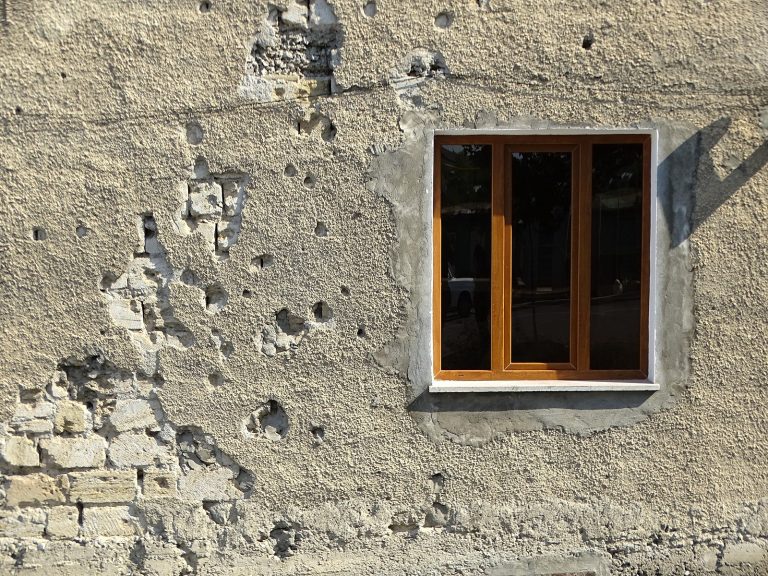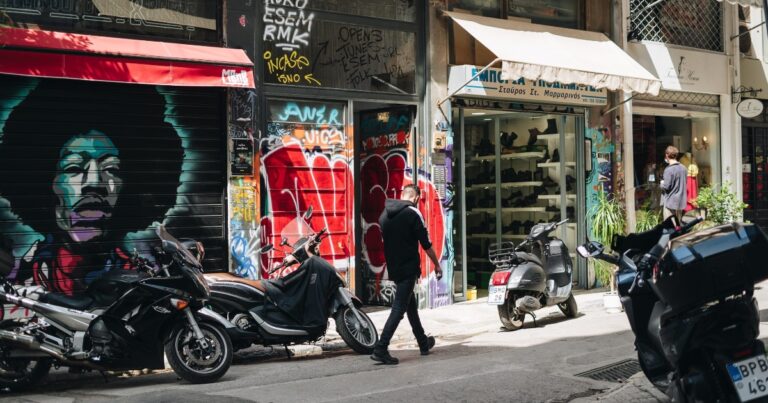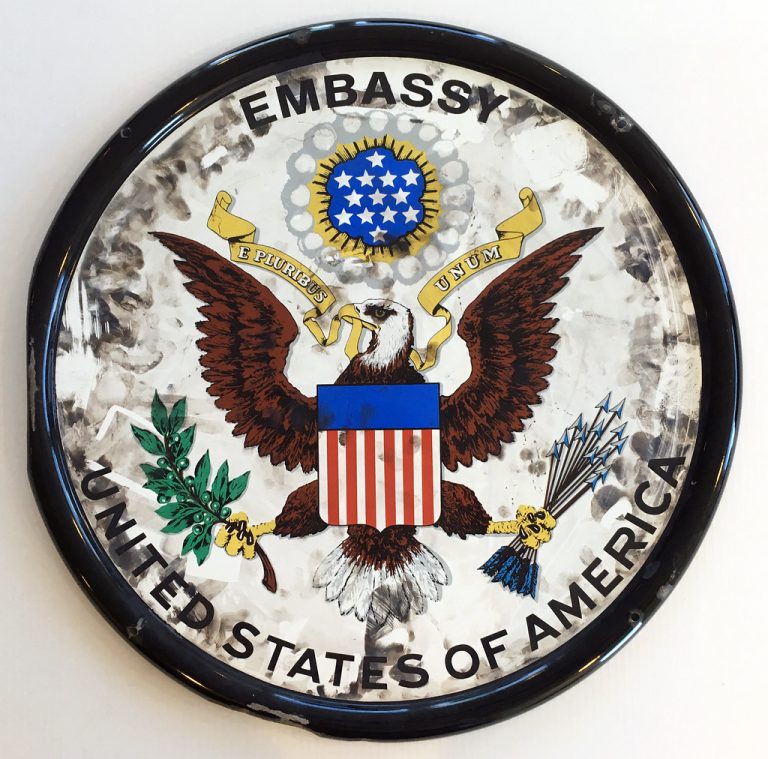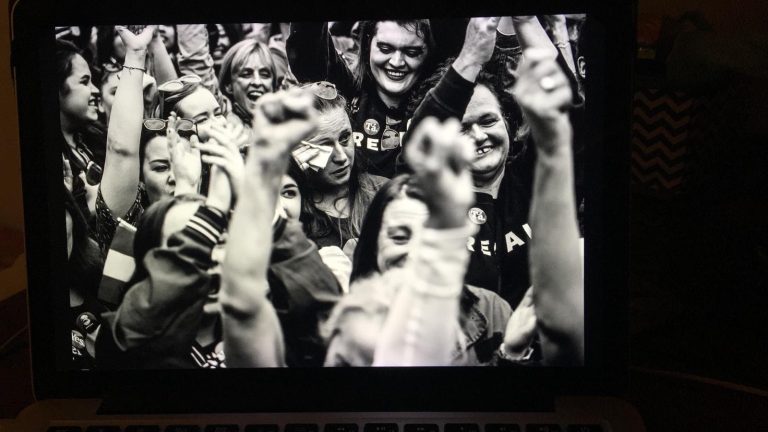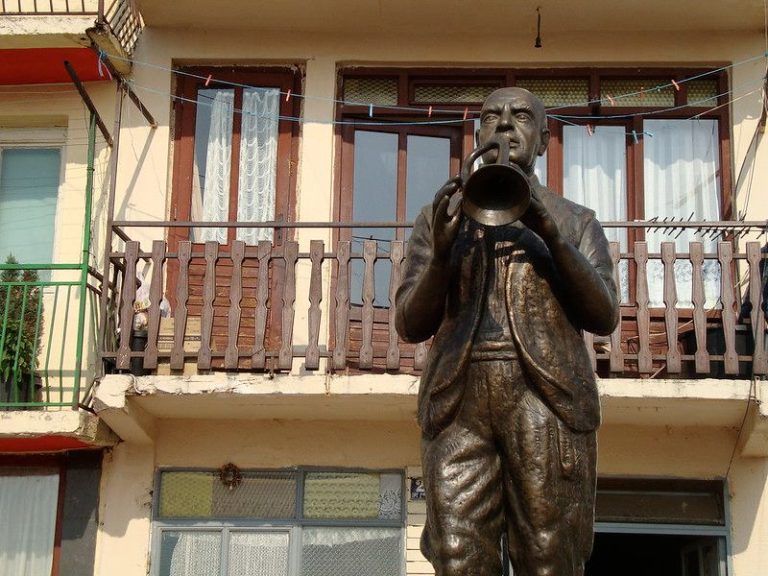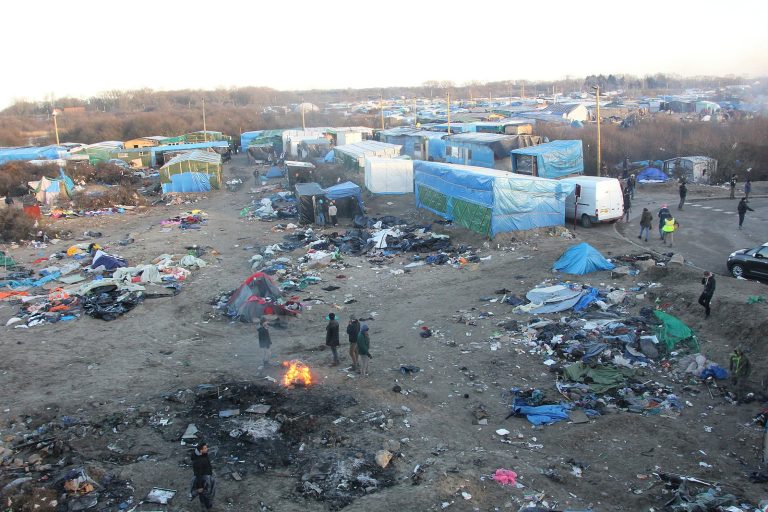Russia may have scored another victory in Europe. And it wasn’t in Ukraine.
On Saturday, April 6, nationalist candidate Peter Pelligrini won Slovakia’s presidential election, cementing the pro-Russian government’s power.
Slovakia is a tiny Central Eastern European country with just over 5 million inhabitants. But despite its small size, many analysts argue that the country’s recent election could have longstanding consequences for European democracy.
The presidential election pit Ivan Korčok, a pro-European former foreign minister, against Pelligrini, the speaker of Slovakia’s parliament and a close ally of its Russia-friendly Prime Minister Robert Fico.

Election Time
Polling initially suggested that Pelligrini was a shoo-in for the job. But Korčok surprised everyone by winning the first round of elections with 42 percent of the vote. Korčok’s supporters, however, were soon disappointed. Pelligrini slid to victory in the runoff with a little over half of the vote.
The presidency in Slovakia primarily has a ceremonial role. Nevertheless, many had their eye on the race because the president could curb some of the Prime Minister’s worst impulses by refusing to sign problematic legislation into law. And Prime Minister Fico has plenty of problematic plans for his country. Since returning to power last year, he has attempted to overhaul the country’s public broadcaster to make it more government-friendly. He’s also attempted to reform the penal code to protect himself and his allies. He also parrots pro-Russian talking points, threatens to block European aid to Ukraine, and ended Slovakia’s weapons shipments to Kyiv.
An aspiring mafia state
Experts, meanwhile, describe the 48-year-old Pelligrini as a politician content to greenlight the Prime Minister’s policies if he can maintain a luxurious lifestyle.
Despite all of that, some experts argue that the biggest problem with Fico is that he’s self-interested. Rather than being motivated by an affinity with Russia or an authoritarian ideology, Fico opposes systems that put a check on his power. Ultimately, he wants a mafia state with himself at the top, reaping the benefits.
“Fico’s primary goal is not to create an authoritarian state, and not even ideologically to be Russia’s puppet in Central Europe or within the European Union. He’s doing that, but that’s not the primary goal,” said Michal Vašečka, a Slovak sociologist who focuses on populism and civil society. “The primary goal of these people is to recreate an oligarchic state, or the mafia state they lost in 2020.”
“They are heading toward an authoritarian state, but that’s kind of a byproduct,” Vašečka added. “Because you cannot have an oligarchic mafia state within a full-fledged, functioning liberal democracy.”
A political comeback
Fico, a former Communist Party member, first became Prime Minister in 2006. For the following twelve years, he ruled on and off whenever his party, Smer, could cobble together a coalition. He often sided with the country’s oligarchs while claiming to be a man of the people.
In 2018, he resigned after mass protests erupted over the murder of a young Slovak investigative journalist, Jan Kuziack. Kuziack was investigating corruption when hitmen shot him and his fiance dead in their home in Slovakia.
Fico, who has called Slovak journalists “dirty anti-Slovak prostitutes,” attempted to link the demonstrations to the American financier George Soros. But when a sprawling court case revealed that the journalist was assassinated for investigating a corrupt businessman, Slovak society decided it was tired of Fico allowing oligarchs to dominate the country. The president then tasked Pelligrini, then deputy prime minister, with forming a new government.
At the time, Fico assured his supporters that he wasn’t leaving politics for good. He returned to power on a populist platform following elections in 2023.
“You’ll hear a sovereign Slovak voice from Slovak ministries and watch a sovereign Slovak foreign policy,” Fico assured his voters.
Europe’s illiberal leaders
Analysts often compare Fico to his neighbor, Hungarian Prime Minister Viktor Orbán. The Hungarian leader has pursued a form of authoritarianism light, taking over the country’s judiciary and gerrymandering the country in his party’s favor. He also ensured people friendly to the ruling party owned most of the country’s media outlets.
In Brussels, Orbán has attempted to block EU assistance to Ukraine, often demanding concessions for releasing his hold on the money.
But Lucia Yar, a Slovak candidate for the European Parliament, said that, unlike Orbán, Fico hasn’t attempted to stop the European Union from helping Kyiv yet. He also hasn’t demanded anything from Brussels in exchange for not blocking assistance.
“The only thing Slovakia ‘gained’ from this, for now, is a low trust amongst European partners,” Yar said. “If you look into how he was voting in the European Council and how he was representing the country at the European Summits, in reality, he is toothless. The rhetoric remains different from the action, even if we can’t rely on the fact that it will remain that way.”
Populism in Slovakia
Fico’s approach is populism over pragmatism. Within Europe, Slovakia has one of the lowest levels of support for Western alliances, such as the North Atlantic Treaty Organization. And while many Slovaks opened their doors to Ukrainian refugees pouring across the border in 2022, support for Ukraine has dropped since the onset of Russia’s invasion two years ago.
Fico successfully plays to a base that believes Europe is leaving them behind. He’s also forged alliances with ultranationalists and social conservatives who embrace traditional family values and gender norms.
The Prime Minister handed control of the Ministry of Culture to his coalition partner, the far-right Slovak National Party. That party claims to uphold European Christian values and rails against so-called “degenerate art.”
Under the Slovak National Party, the Ministry of Culture immediately resumed cooperation with Russia and Belarus.
When the party organized a conference against vaccines, Fico attended. In January, he appointed a member of the Slovak National Party and a known anti-vaxxer, Peter Kotlár, as the government envoy to lead an inquiry into pandemic management.
Russia, meanwhile, has taken advantage of Fico’s populist rhetoric. Russian propaganda pushes Moscow’s agenda within the European Union, often in an attempt to undermine Europe’s support for Ukraine. Yar noted that Facebook’s moderators do very little to track or flag Russian disinformation in Slovak language on its platforms.
Just this week, Fico met with a far-right politician from the Czech Republic, Jindřich Rajchl, who advocates against supporting Ukraine.
The government has also proposed a foreign agents bill similar to laws in Hungary and Russia that target Western support for non-profits.
Civil society resistance
Despite Pelligrini and Fico’s election wins, many Slovaks are deeply concerned about the direction their country is heading. Thousands of people have shown up across the country to resist the changes to the criminal code and the takeover of the public broadcaster. Protests against Fico and his rule spread across the country. They even reached smaller cities and regions that traditionally support the government.
Fico’s plans to create a new government-controlled council that would determine who could appear on public radio and television channels received significant pushback. Journalists argued the council would destroy the public broadcaster’s editorial independence.
And thanks to pushback from outgoing president Zuzana Caputova and the European Union, Slovakia’s Constitutional Court is now reviewing the proposed changes to the criminal code.
Anti-corruption activists in Slovakia have started calling on the European Union to cut funds to their own country. They argue that Fico will not be able to consolidate power without European money to play with.
And unlike in the cases of Hungary and Poland, when Brussels took years to address democratic backsliding, the European Union is already threatening to cut off some EU recovery funds if Slovakia doesn’t scale back its attack on the rule of law. This time, the EU isn’t waiting until Fico completely consolidates control before threatening to use structural funds as leverage.
Echoes of history
Vašečka noted that there is reason for hope. Slovaks already lived under a populist government during the 1990s, that of Vladimír Mečiar, a former amateur boxer who served as Prime Minister on and off between 1991 and 1998.
Like Fico, Mečiar attempted to turn Slovakia into his personal mafia state and faced political turmoil over a high-profile assassination.
That experience means that Slovak civil society knows how to organize in the current political atmosphere. Concerns over democracy and the rule of law even occasionally unite culturally liberal and conservative Slovaks, who are usually locked in political infighting.
“Slovakia is basically used to it,” Vasecka said about Fico’s populist approach to politics. “Civil society, pro-democratic, liberal, pro-European forces have been basically balancing on the edge of the canyon for thirty years, and still winning, more or less, even though it’s exhausting.”
